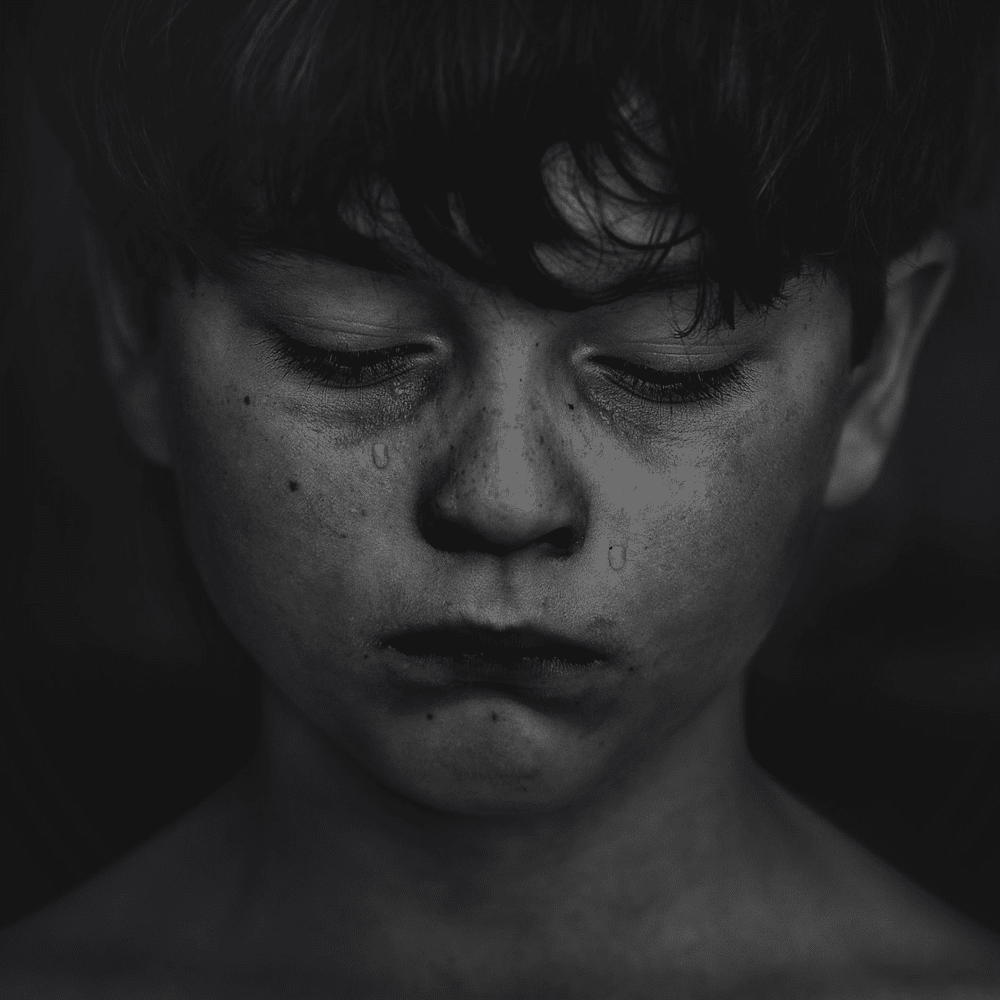Most of us logically and intuitively understand that when children experience trauma, it is likely going to affect them. But it is not until recently that neurological studies have helped us understand just how devastating and long lasting the impact of childhood trauma can be.
What is childhood trauma?
Childhood trauma is defined as any event children experience that threatens their life or their bodily integrity. Partly due to sensationalism in the media, we tend to think of a traumatic experience as a single, big event like a car crash or natural disaster. But this isn’t always the case. The media has also helped to bring a lot of awareness to the traumatic events of sexual and physical abuse. And without a doubt these things can be deeply traumatising. But we often forget that low level, ongoing stress like living in a dangerous neighbourhood or worrying where your next meal is going to come from, can be equally traumatic.
Keep in mind that just because an event is upsetting, doesn’t necessarily mean that it is traumatising. Take divorce as an example. Some children are deeply traumatised by divorce, while for others it doesn’t have as deep an impact.
What symptoms are normal what a child has experienced trauma?
It is normal for a child to:
- Be scared and shaken up for up to two weeks after the event
- Have nightmares for up to 6 months afterwards
- Want to talk about the event or replay it with their toys
Remember to encourage your child to talk about the traumatic event so that little details do not become trigger effects. With time these symptoms of childhood trauma should lessen.
When should I be worried about the effects of childhood trauma?
If after six months following the event, your child is displaying any of the following symptoms it may be cause for concern:
- Heightened anger and frustration levels
- Excessive anxiety, clinginess or fearfulness
- Depression (sometimes evident when a child’s eating or sleeping patterns have changed)
- A lack of interest in activities they used to find enjoyable
- A sudden lack of concentration at school
- School Refusal
Long term effects of childhood trauma:
If left untreated, childhood trauma can result in Post Traumatic Stress Disorder (PTSD). This may cause individuals to have flashbacks and to re-experience the traumatic event. Or to have intrusive thoughts.
Dr Martin Teicher conducted MRI scans to understand how childhood trauma can affect the brain. He studies adults who had experienced childhood abuse and found that their brains were affected in 9 different regions. Some of the most important findings were that:
- The hippocampus was decreased in size. This affects learning and memory.
- Decreased volume in the prefrontal cortex. This may lead to greater impulsivity, difficulty controlling urges and impairments in rational decision making.
- Overactive amygdala. Which may cause individuals to overreact to stressful situations.
Studies have also found that childhood trauma affects people in physical ways. Victims are more likely to develop asthma as well as heart disease.
How can you help someone who has experienced childhood trauma?
- Children bounce back better from trauma if they have a warm, safe, supportive relationship with a caregiver.
- Encourage them to talk about their experiences – both good and bad
- Be honest in answering their questions
- Try to get back into your daily routines as soon as possible
- Reassure them that you will do everything you can to keep them safe
- Help the come up with a plan of action for what to do if they ever find themselves in that situation again
- Talk about the helpers. The paramedics, the police, the social workers. Everybody who is there to help others when they find themselves in difficult situations.
- Consider taking your child for play therapy if they continue to struggle.
Follow us on Instagram and Facebook for free tips and advice!




